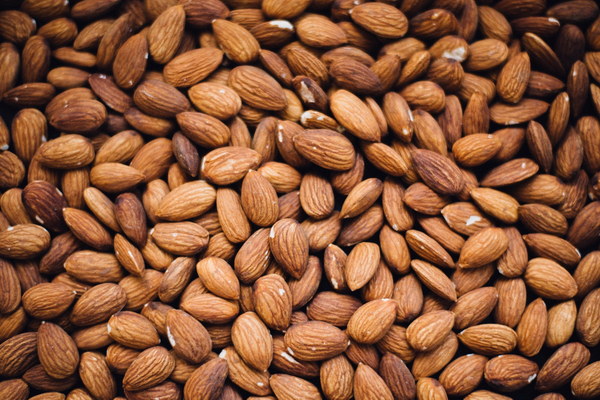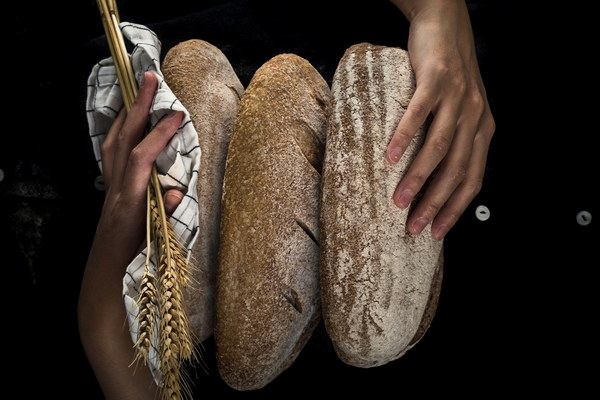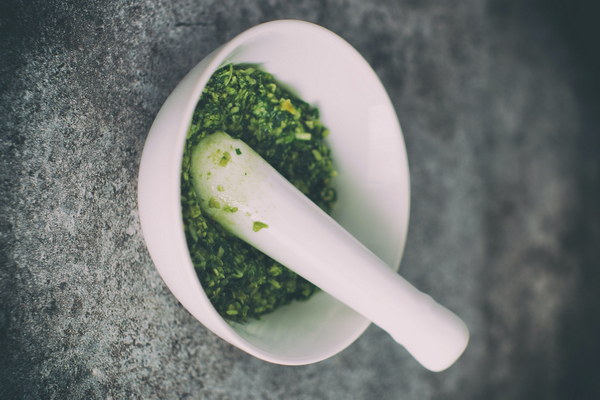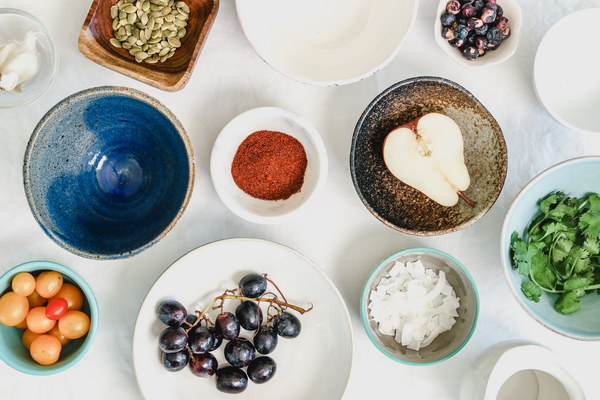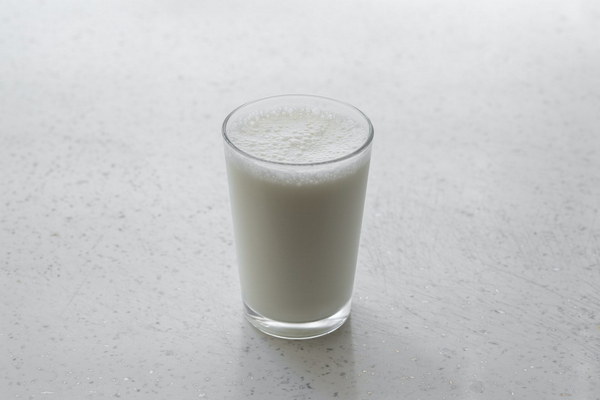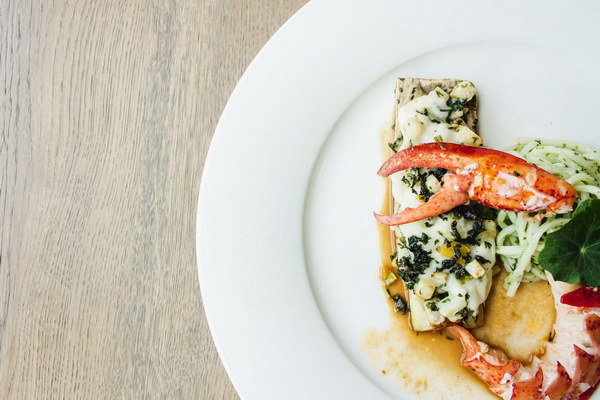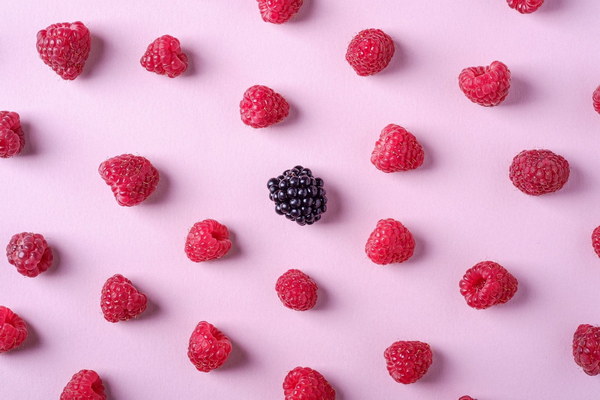Eating for Liver Health Does Food Really Nourish and Protect Your Liver
Introduction:
The liver is one of the most vital organs in the human body, responsible for numerous metabolic processes, detoxification, and bile production. Given its crucial role, maintaining liver health is essential for overall well-being. Many individuals wonder if certain foods can nourish and protect their liver. In this article, we will explore the impact of diet on liver health and provide practical tips on what to eat and avoid to support your liver's function.
Does Food Really Nourish and Protect Your Liver?
1. Nourishing the Liver:
a. High-fiber foods: A diet rich in fiber can help reduce the risk of liver diseases such as non-alcoholic fatty liver disease (NAFLD). Foods like whole grains, fruits, vegetables, and legumes can aid in digestion and promote liver health.
b. Antioxidants: Foods high in antioxidants, such as berries, green tea, and dark chocolate, can help combat oxidative stress and protect liver cells from damage.
c. Omega-3 fatty acids: Foods containing omega-3 fatty acids, such as fatty fish (salmon, mackerel, and sardines), flaxseeds, and walnuts, can reduce inflammation and support liver function.
d. Vitamin E: Nuts, seeds, and vegetable oils are good sources of vitamin E, which has been shown to improve liver health and reduce the risk of liver disease.
e. Selenium: Selenium-rich foods like Brazil nuts, seafood, and whole grains can support liver function and protect against oxidative stress.
2. Foods to Avoid for Liver Health:

a. Excessive alcohol: Alcohol consumption is a leading cause of liver disease. Limiting alcohol intake or avoiding it altogether can help protect your liver.
b. Processed foods: High in unhealthy fats, salt, and sugar, processed foods can contribute to liver inflammation and increase the risk of NAFLD.
c. Trans fats: Foods containing trans fats, such as fried and baked goods, can lead to liver damage and inflammation.
d. High-sugar foods: Excessive sugar consumption can lead to insulin resistance and promote the accumulation of fat in the liver, increasing the risk of NAFLD.
e. High-fat red meat: Consuming high-fat red meat regularly can contribute to liver inflammation and the development of NAFLD.
Conclusion:
In conclusion, food plays a significant role in nourishing and protecting your liver. By incorporating a diet rich in high-fiber, antioxidant, and omega-3 fatty acid foods while avoiding excessive alcohol, processed foods, trans fats, high-sugar, and high-fat red meat, you can support your liver's health and reduce the risk of liver disease. Remember, maintaining a balanced diet is just one aspect of liver health; regular exercise, adequate hydration, and avoiding harmful substances also play a crucial role in keeping your liver in tip-top shape.
